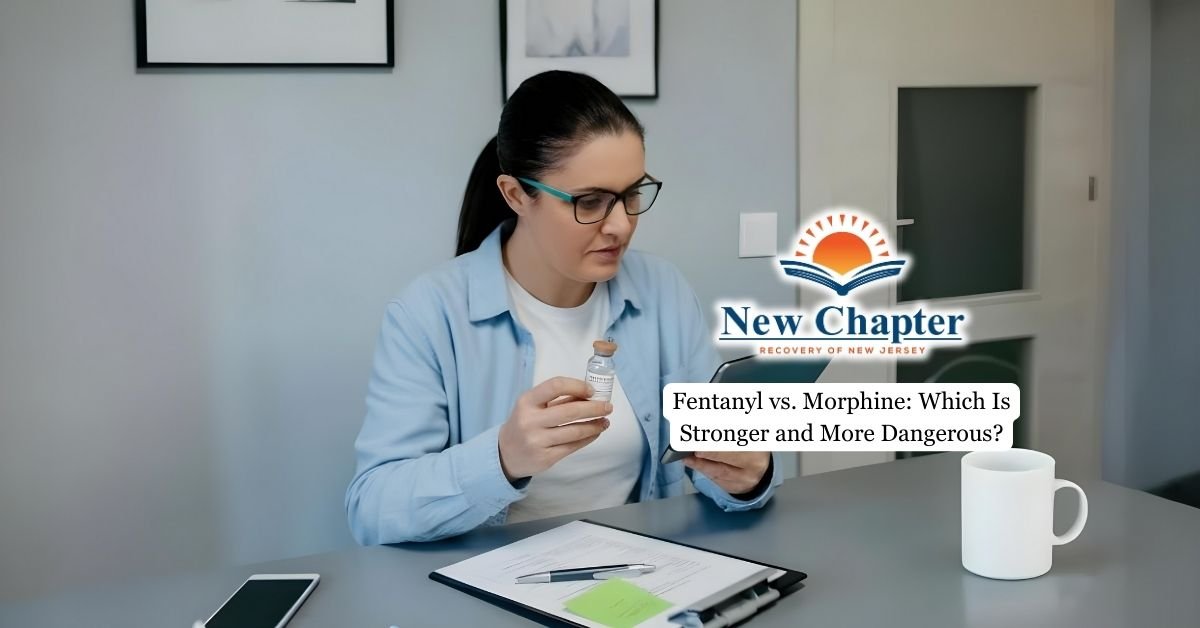The idea of an “addictive personality” is often brought up to explain why some people seem more likely to develop an addiction than others. From alcohol addiction to compulsive gambling, the concept suggests that certain personality types are inherently prone to addiction. But is there truly such a thing as an addictive personality, or is addiction more complex than that label implies?
Understanding how personality traits, genetics, environment, and mental health intersect offers a clearer view of why some people struggle with addiction while others do not.

Understanding the Concept of Addictive Personalities
The term “addictive personality” is widely used in everyday conversation. Many people believe that someone’s personality may make them more prone to addiction than others, often pointing to friends or family members who seem unable to moderate their substance use or other behaviors. However, mental health professionals caution that this term oversimplifies what is actually a complex disorder.
Addiction is a complex condition, shaped by a combination of genetic, psychological, and environmental factors. While certain personality traits may influence the likelihood of developing addictive behaviors, there is no official medical diagnosis called “addictive personality disorder.” Instead, addiction is most accurately understood as a disorder involving changes in brain function and behavior, affected by multiple risk factors.
Our personalized addiction counseling in New Jersey combines proven therapies, compassionate care, and tailored strategies to address each person’s unique challenges with substance abuse. The IOP for addiction treatment we provide is also a great first step for anyone striving to reclaim their sobriety and lead a better life.
Key Personality Traits and Psychological Factors
While there isn’t a single addictive personality type, there are specific personality traits that may increase someone’s addiction risk. These traits don’t guarantee a person will develop an addiction, but they may contribute to patterns of behavior that raise the likelihood.
Traits Linked to Addiction
Certain personality traits are often associated with addictive behaviors:
- Impulsivity: Acting without considering long-term consequences is a common factor in many types of addiction. Impulsive behavior can lead individuals to experiment with substances or risky activities without fully assessing the risks.
- Sensation seeking: Some people naturally crave intense experiences. This desire can drive experimentation with drugs, alcohol, gambling, or other addictive substances and behaviors.
- Compulsivity: Difficulty controlling urges or stopping repetitive behaviors may contribute to substance use disorders or behavioral addictions.
- Difficulty managing stress: People who struggle to handle stress effectively may turn to addictive substances or activities as a coping mechanism.
These addictive personality traits often overlap with other mental health concerns. For instance, individuals with mood or anxiety disorders may also display traits that make them more susceptible to addiction.
The Role of Mental Health Conditions
Mental health disorders such as depression, anxiety, or personality disorders can significantly elevate the risk of developing addiction. When someone struggles with a mental health condition, they may use alcohol, drugs, or compulsive behaviors to self-medicate. This pattern can quickly evolve into substance abuse or another form of addiction.
The relationship between personality and addiction is often intertwined with mental health. Traits such as impulsivity or emotional instability can both contribute to and be worsened by mental health disorders, creating a cycle that heightens the addiction risk.
Genetic and Environmental Risk Factors
Genetics may account for about half of a person’s overall risk of developing addiction. Having close relatives who struggle with substance use disorder increases the likelihood of developing addiction, suggesting a strong inherited component. This genetic vulnerability does not guarantee someone will become addicted, but it creates a biological foundation that makes them more susceptible when other factors are present.
Environmental influences further shape addiction risk. Growing up in a home where substance use is common, experiencing trauma, or enduring chronic stress can all elevate the chances of engaging in addictive behaviors. Peer pressure, cultural attitudes toward drinking or drug use, and easy access to addictive substances play significant roles, especially during adolescence.
When these environmental factors combine with genetic predispositions and certain personality traits like impulsivity or sensation seeking, the probability of developing an addiction rises considerably.
Common Types of Addiction and How They Manifest
Substance Addictions
Substance addictions include alcohol addiction, opioid dependence, stimulant abuse, and other drug-related disorders. Substance use becomes problematic when it leads to a loss of control, cravings, or continued use despite negative consequences. This is often diagnosed clinically as a substance use disorder.
Behavioral Addictions
Behavioral addictions, sometimes called process addictions, involve compulsive engagement in rewarding non-substance-related behaviors. Examples include gambling disorder, compulsive shopping, or even food addiction. People with addictions of this type often show similar brain patterns to those with substance addictions, highlighting that addiction is more about how behaviors impact brain chemistry than the specific substance or activity.

Recognizing Signs of Addictive Behaviors
Identifying early signs of an addictive personality or emerging addiction can make a significant difference. People with this personality type, or who simply have certain traits, may:
- Frequently use substances or behaviors to cope with stress or emotions.
- Struggle to cut back despite wanting to.
- Show increased tolerance, needing more of the substance or activity for the same effect.
- Neglect responsibilities or relationships in favor of addictive behavior.
It’s important to remember that these signs do not necessarily mean someone has an addictive personality disorder, a term not formally recognized, but they do signal a potential problem that warrants attention.
Managing Addictive Tendencies and Seeking Help
Understanding that addiction is influenced by a combination of personality characteristics, genetics, environmental factors, and mental health conditions helps reduce stigma. It highlights why simply telling someone to “use more willpower” is ineffective.
Effective management often includes:
- Therapy: Cognitive-behavioral therapy can help individuals recognize and change thought patterns and behaviors linked to addiction.
- Support groups: Programs like Alcoholics Anonymous or SMART Recovery offer community and accountability.
- Medical treatment: In cases of substance dependence, medications may help manage withdrawal or reduce cravings.
- Lifestyle changes: Building new routines, stress reduction techniques, and healthier coping strategies can reduce the drive to engage in addictive behaviors.
People struggling with an addiction should seek help from professionals who understand both the psychological and physical dimensions of addictive disorders.
Final Thoughts from New Chapter Recovery
While no single set of characteristics guarantees someone will struggle with addiction, awareness and education can help individuals identify risk factors—and empower them to make informed choices. By challenging stereotypes and focusing on evidence-based approaches, we can foster greater compassion and provide more effective support for those at risk or in recovery.
At New Chapter Recovery in New Jersey, we address these layers through individualized counseling, evidence-based therapies, and compassionate guidance. By understanding each person’s unique challenges, we help build stronger foundations for recovery that last beyond treatment.






